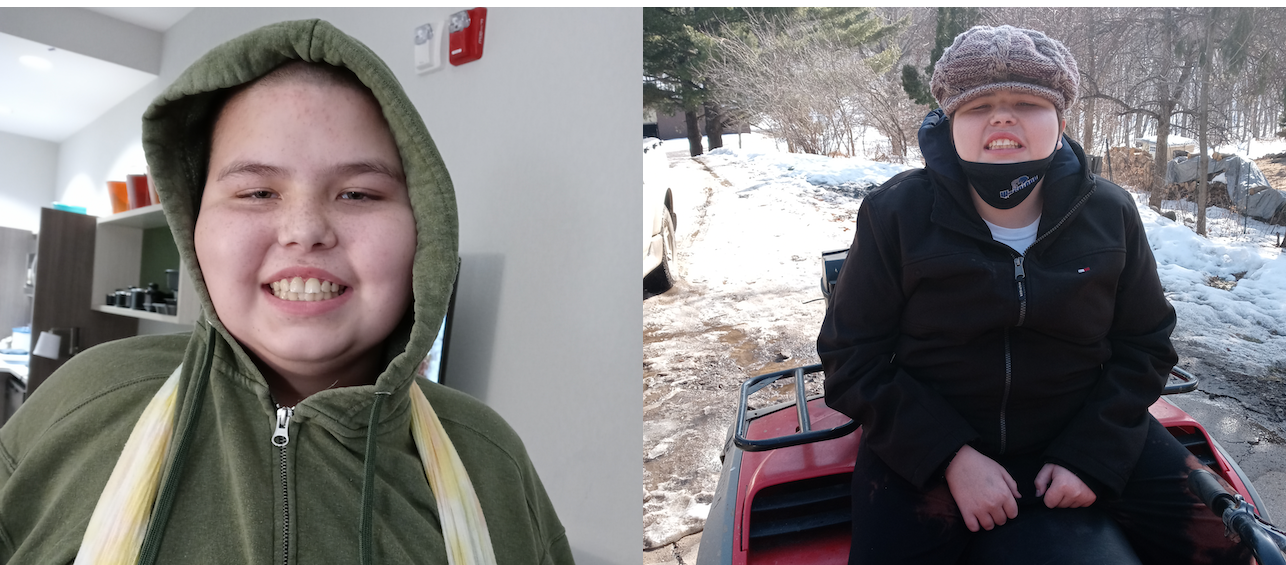Parents of school-age children who have behavioral difficulties in school often wonder: “Does my child have an Autism Spectrum Disorder (ASD) or Attention Deficit Hyperactivity Disorder (ADHD)?” Determining if a child has one (or both) of the conditions is important for the child’s wellbeing, but distinguishing between the two can be difficult, especially as children with either condition may have similar symptoms, such as:
- Trouble paying attention
- Trouble making or keeping friends
- Trouble playing with other children
- Patterns of disruptive behavior
Children can be diagnosed with either ASD and ADHD or both, and treatments can be similar, but these two conditions are distinct, which makes having a correct diagnosis key to ensuring the child receives the most effective care available.
How are ASD and ADHD different?
Autism is a developmental condition of the brain that affects behavior. Children with ASD have poor communication skills and unusual behaviors or interests. Socially, children with ASD often make poor eye contact, don’t use facial expressions appropriately, struggle with pretend play, or don’t understand the feelings of others. Children with ASD often have repetitive behaviors or fixate on unusual things or topics (i.e. a child who never rides the bus has memorized the bus schedule).
Like ASD, ADHD is a behavioral condition. Children with ADHD have problems in three primary areas: inattention, impulsivity and hyperactivity. While children with ADHD may understand expectations, they have trouble following through. They are easily sidetracked and often put off or avoid tasks like chores and homework. Attention problems in children with ADHD may include losing things, forgetting instructions, and switching quickly from one thing to another without finishing either.
Where do I start if I think my child may have ADHD or ASD?
Begin by talking to your child’s teacher. Children with ADHD and/or ASD will struggle at school and when away from home so consulting with teachers, coaches and other childcare providers can be a helpful first step in recognizing problems compared to normal childhood behavior. If your child’s behaviors are causing trouble in two or more settings (e.g., at home and at school), and these issues continue for at least six months, the next step is to make an appointment with your healthcare provider. Your primary physician will refer you to a specialist if ADHD or ASD is suspected.
How will my child be evaluated?
There is no single medical test for ADHD or ASD. Because parents are the experts on their children, an evaluation will include an interview with mom and/or dad to help specialists understand your child. Information from teachers may be required as well. Bringing school records, other evaluations or reports, and medical records to the appointment will help paint a picture of your child and his or her current situation. More than one visit is often necessary before a diagnosis is made. A second interview with your child is usually part of the evaluation. The process could also include genetic testing or psychiatric counseling.
Who can I contact with questions?
If you have a concern about your child, always start with his or her primary care physician. This doctor knows your child well and will be able to help you determine the best next steps.
If you have questions about ADHD, or would like to request an appointment, contact the Center for ADHD. For ASD, contact our Division of Developmental and Behavioral Pediatrics.





